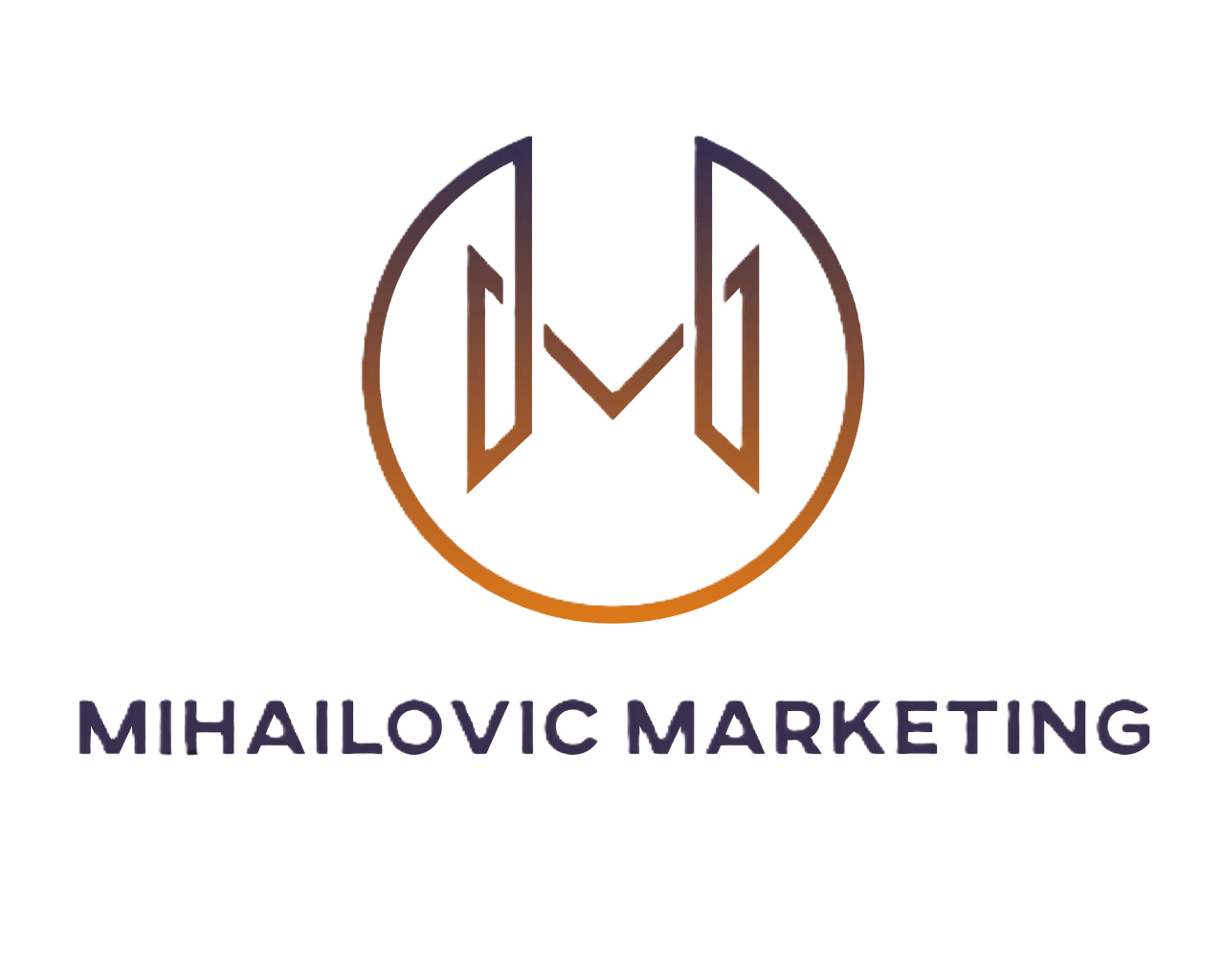Comparing Digital Marketing Platforms: Which is Right for You?
Understanding Digital Marketing Platforms
In today's digital age, businesses have a myriad of platforms at their disposal to reach their audience. Choosing the right digital marketing platform is crucial as it can dictate the success of your marketing efforts. With so many options available, it's essential to understand the unique features and benefits each platform offers.

Social Media Platforms
Social media platforms like Facebook, Instagram, Twitter, and LinkedIn are popular choices for businesses aiming to build brand awareness and engage with their audience. These platforms offer targeted advertising options that allow businesses to reach specific demographics. For instance, Instagram is perfect for visually-driven campaigns, while LinkedIn is ideal for B2B marketing.
One of the key advantages of social media platforms is the ability to interact directly with your audience. This interaction fosters community building and enhances customer loyalty. Moreover, social media analytics tools provide valuable insights into audience behavior, enabling businesses to refine their marketing strategies.
Email Marketing Platforms
Email marketing remains one of the most effective digital marketing strategies. Platforms like Mailchimp, Constant Contact, and HubSpot offer robust tools for creating personalized email campaigns. These platforms enable businesses to segment their audience, ensuring that messages are tailored to specific groups, leading to higher engagement rates.

Another advantage of email marketing platforms is automation. Businesses can set up automated email sequences that nurture leads and convert prospects into customers. Additionally, detailed analytics help in tracking open rates, click-through rates, and conversions, providing a clear picture of campaign performance.
Search Engine Marketing Platforms
Search Engine Marketing (SEM) platforms such as Google Ads and Bing Ads are essential for businesses looking to increase their visibility in search engine results. These platforms use pay-per-click (PPC) advertising models, where advertisers pay a fee each time their ad is clicked. This method is highly effective for driving targeted traffic to a website.
Google Ads, in particular, offers a wide range of targeting options, including keywords, location, and device targeting. By leveraging these features, businesses can ensure that their ads reach the right audience, maximizing return on investment (ROI). Moreover, SEM provides instant results compared to organic search efforts.

Content Management Systems
Content Management Systems (CMS) like WordPress and Squarespace are vital for businesses focusing on content marketing. These platforms allow users to create, manage, and publish content easily. A well-structured CMS can enhance SEO efforts by improving site architecture and content organization.
Furthermore, CMS platforms offer numerous plugins and integrations that can enhance functionality and user experience. From SEO tools to social media sharing buttons, these features help businesses streamline their content marketing efforts and improve site performance.
Choosing the Right Platform
Selecting the right digital marketing platform depends on various factors such as business goals, target audience, budget, and industry. It's important to assess your needs and explore how each platform aligns with your marketing objectives. Consider running pilot campaigns on multiple platforms to determine which one yields the best results.
Ultimately, the key is to stay informed about emerging trends and technologies in digital marketing. Being adaptable and willing to experiment with different platforms will ensure that your business remains competitive in the ever-evolving digital landscape.
